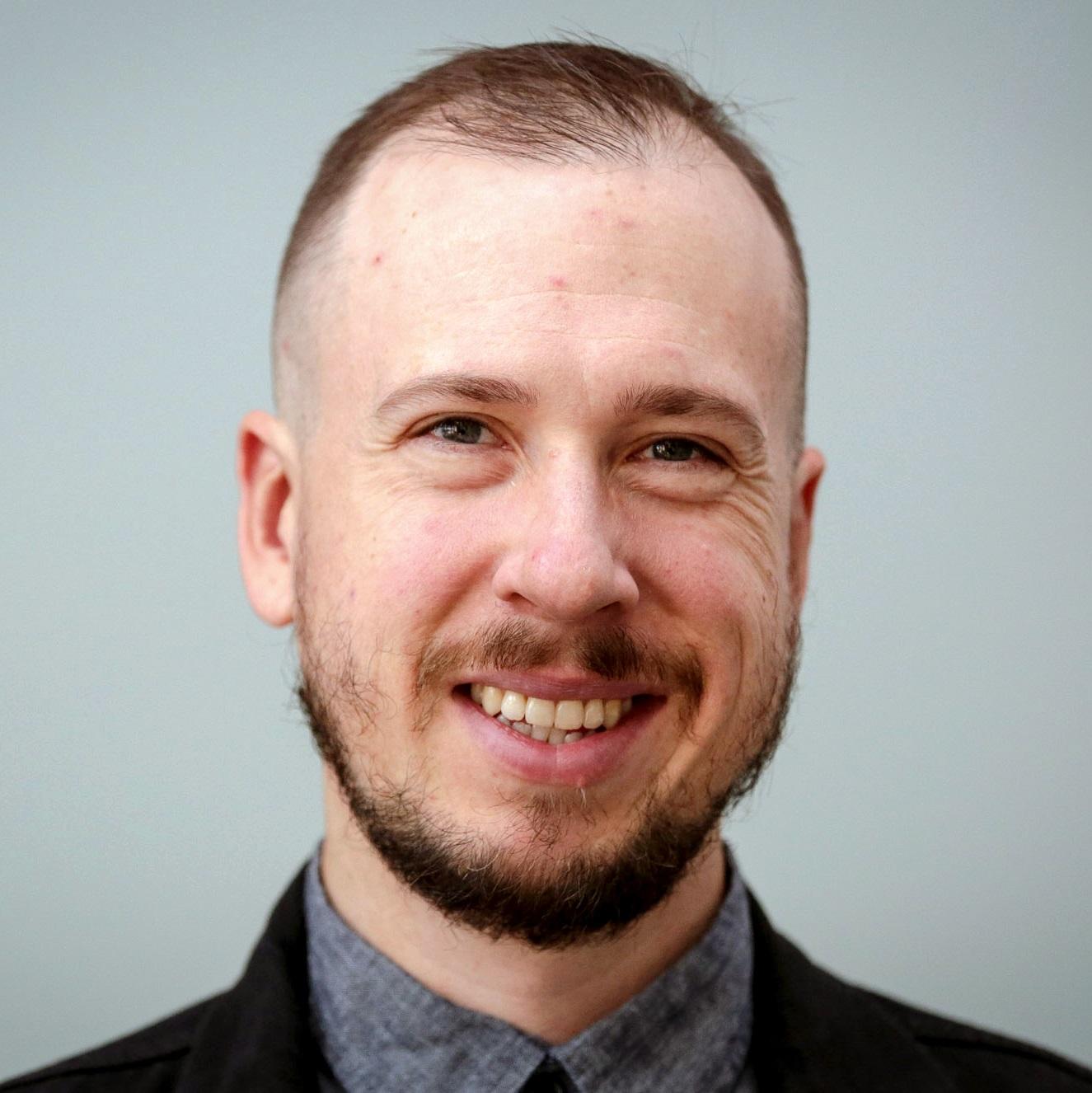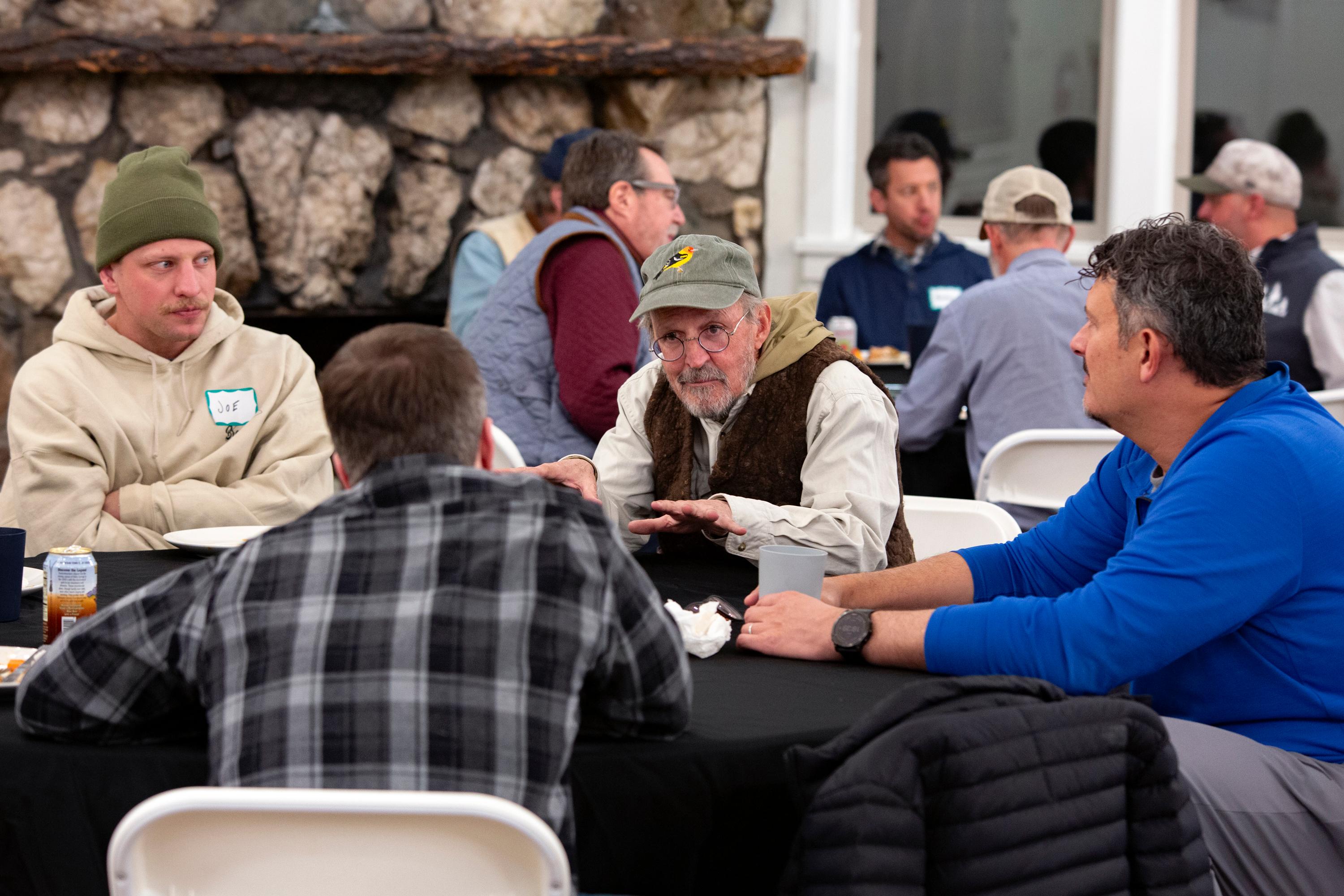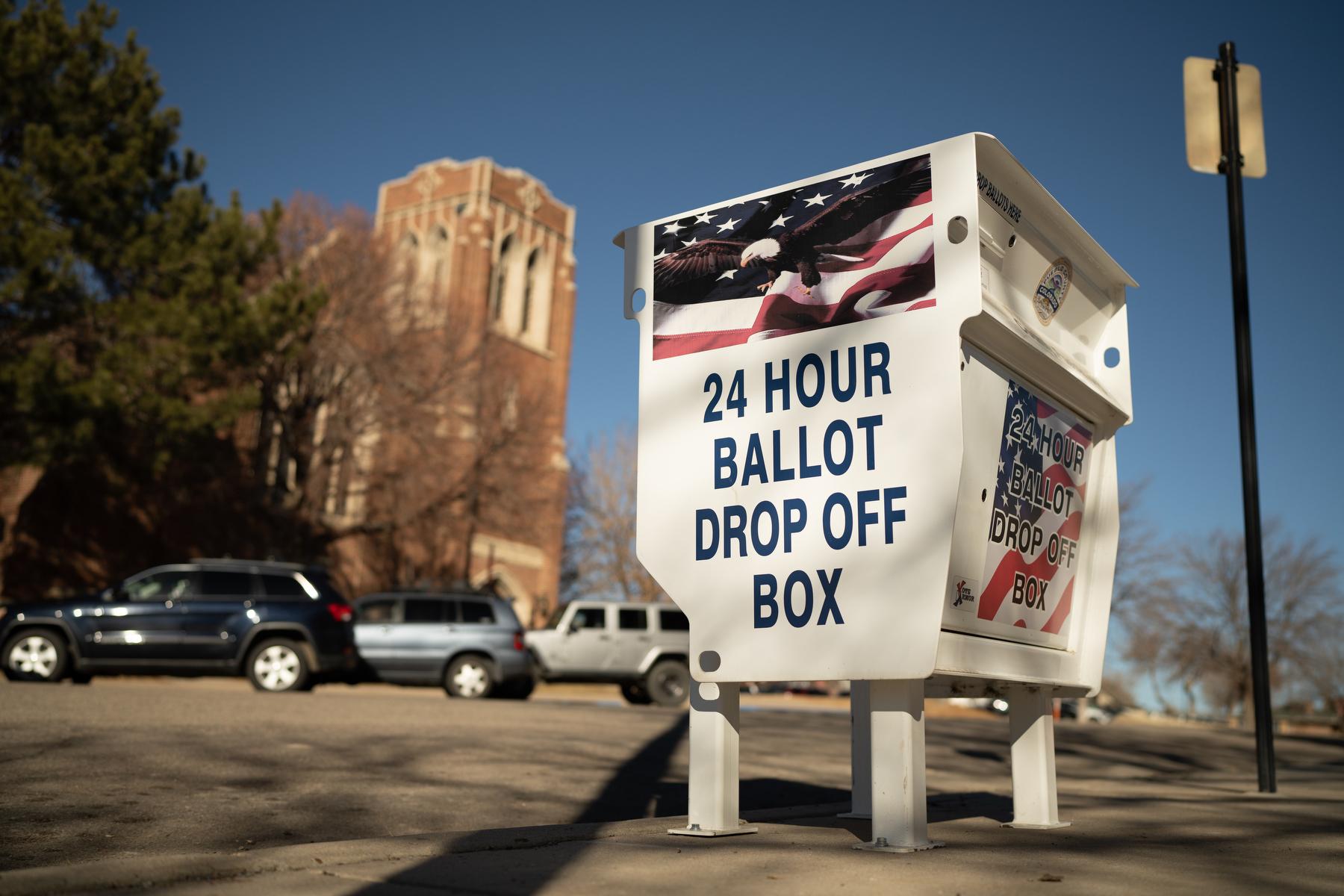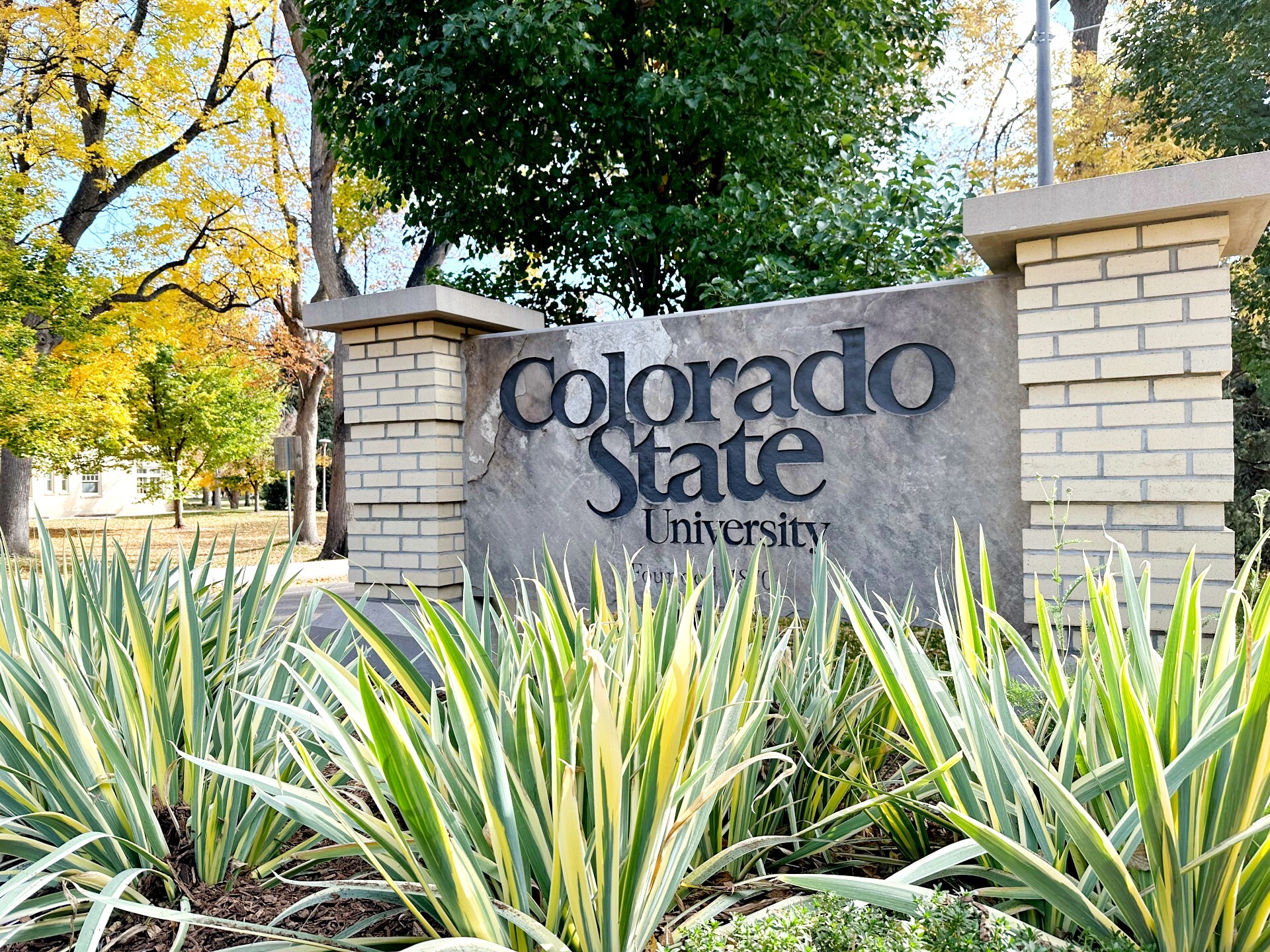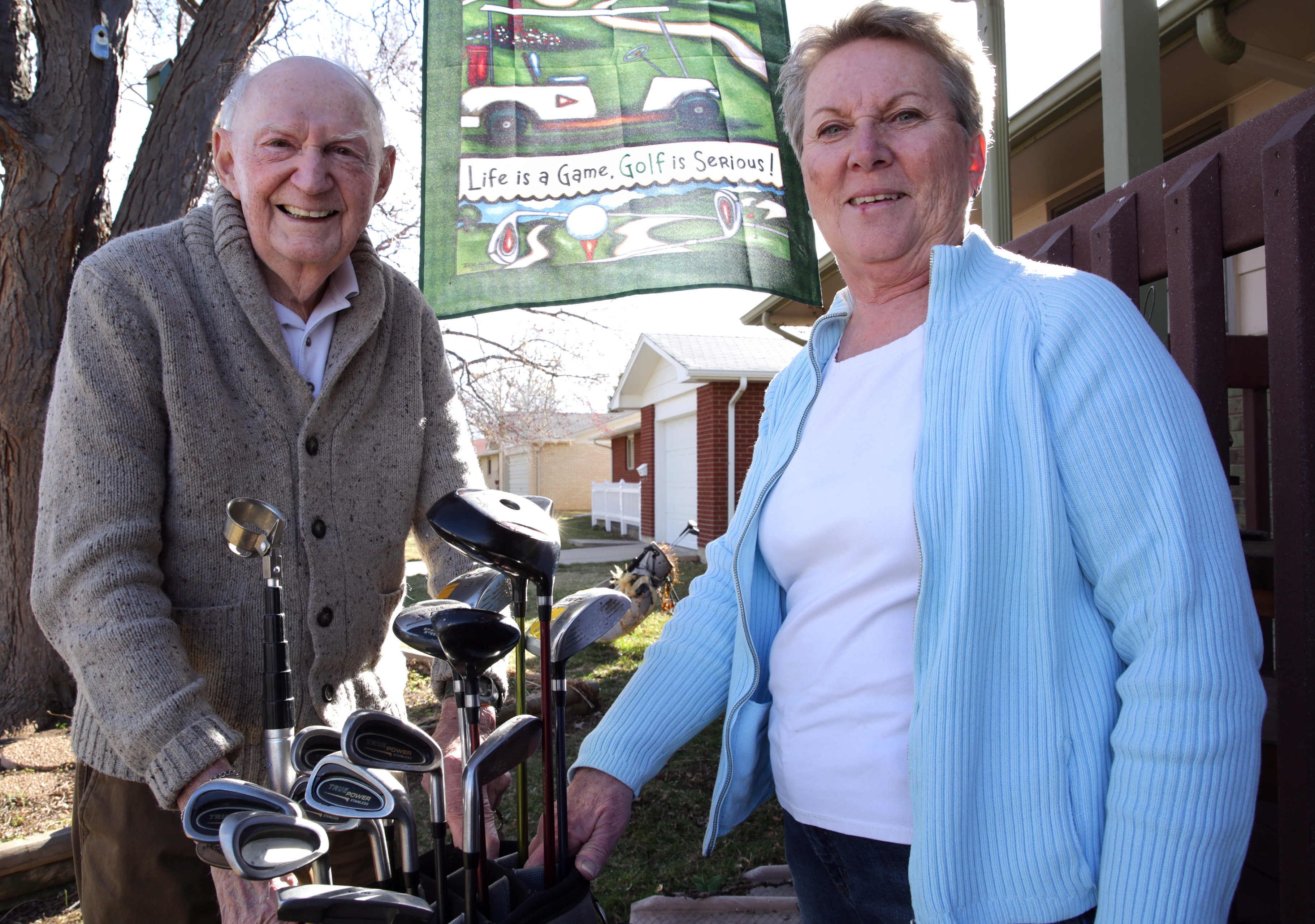
Hal Squier loves one thing above all else: Golf.
"I like to hit the ball around," he says. "I like the competition."
Hal is one of 65,000 people who live with Alzheimer's disease in the state, according to the Colorado Alzheimer's Association. But he hasn't forgotten his favorite sport.
You’ll find golf clocks, books, calendars and knick knacks inside his home in Loveland. And there’s a good chance golf is on the TV. The Squiers even named their cat Birdie Mulligan.
Hal says he started golfing when he was 12. He’s now 82. And he still gets out a few times a week when the weather permits. In fact, it was golf that led to the first signs of Hal’s memory loss.
“He’d come home from golf and he wouldn’t know who he’d played with," his wife, Sue, says.
From there the signs increased, she says. Hal would forget to plug in the electric lawn mower. Then he started to get lost on his way to meet friends for lunch.
“One day he came home from golf and he was really kind of upset about it," Sue says. "And he said, ‘I think I’m going crazy.’ That was my clue, and I said, ‘Let’s go see the doctor.’ ”
Doctors diagnosed Hal with Alzheimer’s seven years ago. Hal forgets what day it is. He can’t follow sports games very well. He doesn’t drive. And Sue had to take over things like the family’s finances.
“You’re the responsible one," she says. "It’s kind of a lot of lay on one person."
But Sue feels lucky. Her husband’s progression has been slow, unlike others who develop Alzeimer’s at a younger age. While some struggle with severe depression, Hal is mild-mannered and easy to please. And he joins Sue for book club and sewing club. She also takes Hal to a support group called Stepping Stones that offers activities. They do things like sing and go for bus rides to get ice cream. Sue says it stimulates Hal's mind.
“And I believe people need to see that it doesn’t have to make you stay at home all the time,” Sue says.
In October, Hal and Sue ventured out of the house to their first Fort Collins Symphony concert at the Lincoln Center as part of a group called B Sharp. The program, launched last year, takes 30 dementia patients and their primary caregivers to the symphony. But it also fosters community engagement by hosting a reception for participants.
B Sharp chair Angel Hoffman says it’s important to offer an outlet for caregivers too. A new report from the Alzheimer's Association finds that nearly 240,000 caregivers in Colorado provided 272 million hours of unpaid care in 2015.
“Caregivers often become isolated in their caregiving role as a person progresses through their dementia," she says. "Friends don’t come around as often. They may be hesitant to go out into the community and go to dinner.”
So B Sharp gives them a chance to get out. Participants get free tickets to five concerts during the season. Local businesses help pay for the tickets.
The program is modeled after one that the non-profit organization Banner Health created in Phoenix. Similar programs across the country also connect dementia patients with arts organizations, such as New York City's Museum of Modern Art.
Sue Squier heard about B Sharp through a support group in northern Colorado.
"To be honest, I wasn’t sure at first it was for us," she says. " 'Symphony orchestra' kind of scared me. It sounds highbrow and a little out of our realm."
But when she went to the first concert with Hal, they enjoyed the music. They listened to the conductor talk about the work -- compositions by Beethoven and Brahms. And they met other B Sharp participants.
“It was just very friendly and down home and comfortable,” Sue says.
Hal even stayed awake for the whole event, which Sue couldn’t believe. These end up being long nights because B Sharp also tests the dementia patients before and after the concerts to assess mood, memory and attentiveness.
Music therapy is nothing new, says Jeni Cross, who directs research at Colorado State University’s Institute for the Built Environment. She also leads the B Sharp study.
“This study is different because we’re actually trying to study the impact of not just music on people but the whole experience,” she says.
This research emphasizes ongoing tests in a social setting. And again, it’s as much about the caregivers as it is the Alzheimer’s patients.
“The more we can do to help people, the better we’re making the quality of life for everyone in the community,” Cross says.
It’s too early to draw any conclusions from the research, Cross says. But there are signs that the program is already having an effect. Even though Hal Squier doesn’t remember the concerts, his wife says the experience sharpens him up a bit.
"I think it makes him more aware and stimulates him and it might make him a little more so for even the following day or two,” Sue says.
In fact, that happened after a Fort Collins Symphony concert on a recent Saturday night. The Squiers go to church every Sunday morning, and usually Sue has to remind Hal.
“I didn’t say anything that morning, and he got up and knew we were going to church and had to get ready,” Sue says. "So that was kind of a surprise."
Moments like this are few and far between. Sue knows there is no cure for Alzheimer’s, so the Squiers just live in the moment. That means enjoying the simple pleasures, like music and golf.
The final Fort Collins Symphony masterworks concert of the 2015-16 season takes place at the Lincoln Center in Fort Collins on Saturday, May 14.
